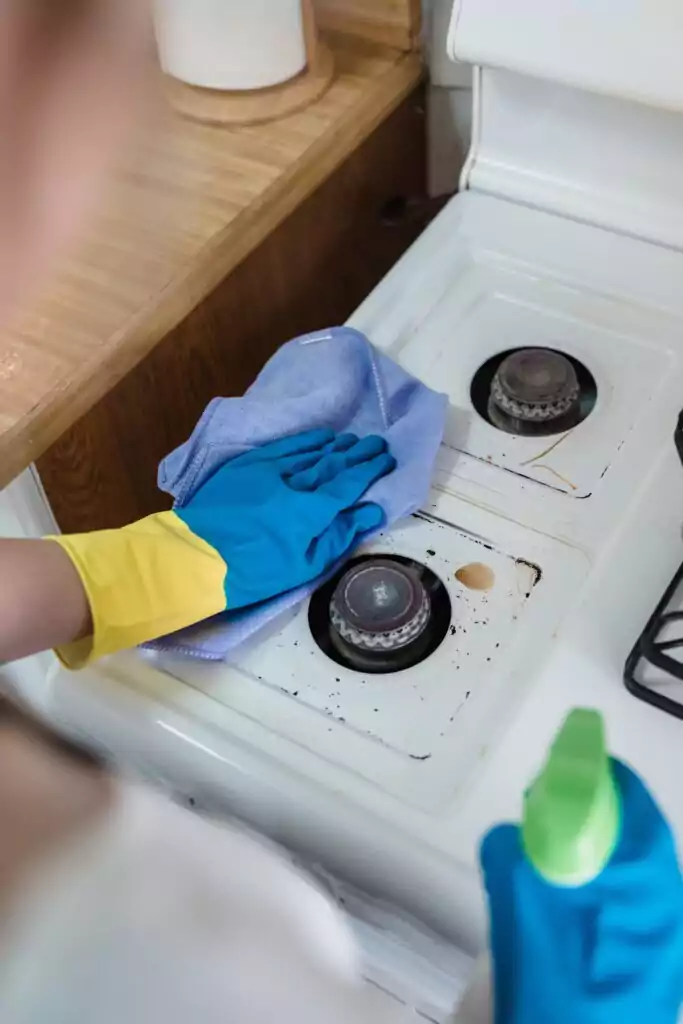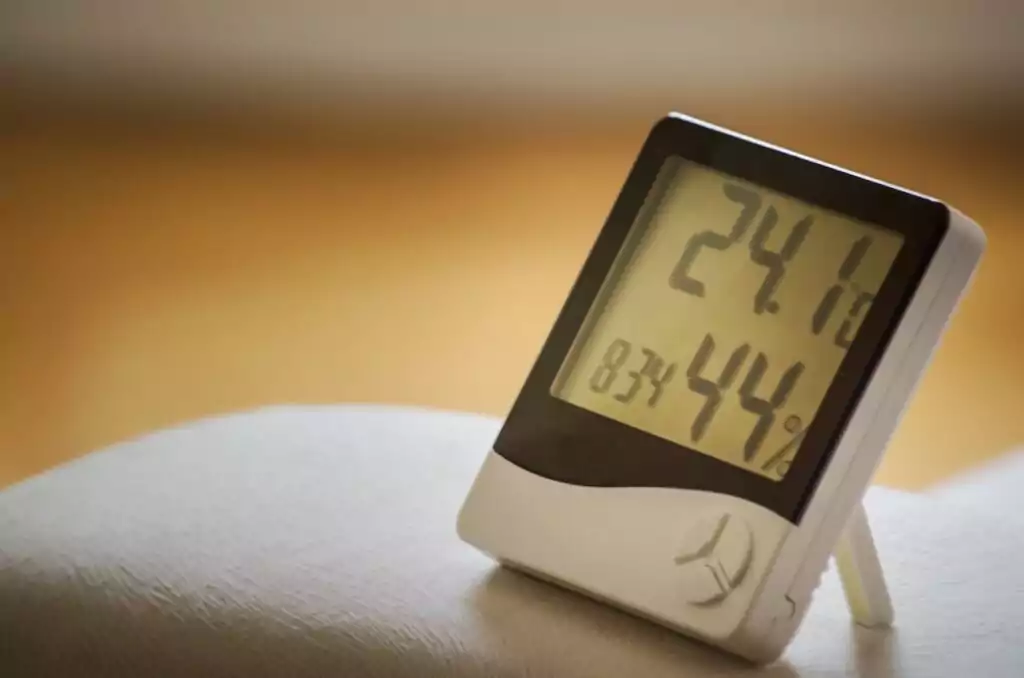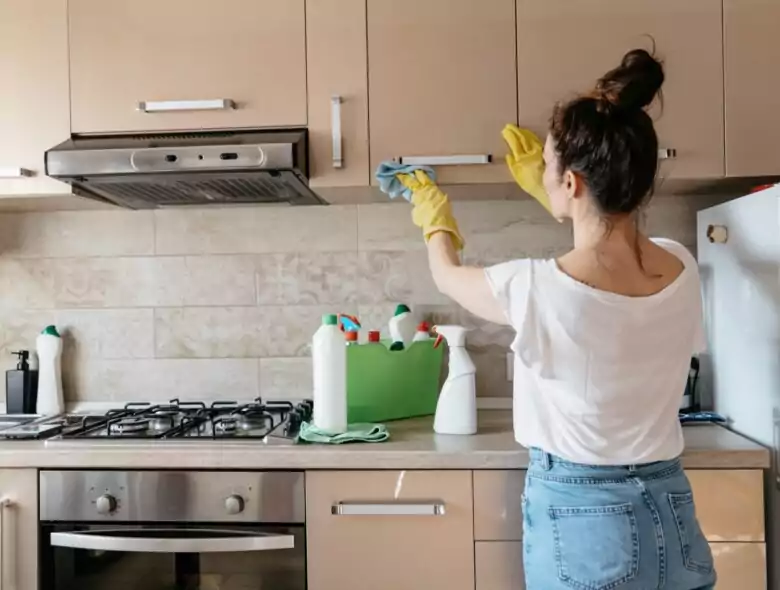It’s common practice to put down a security deposit when signing a lease to an apartment, though some agencies and organizations such as Village House have exceptions for certain rental properties. Part of the reason for the security deposit is to protect the landlord or owner against any damages inflicted upon the apartment by the tenant that goes above the normal wear and tear from daily use.
According to Japan’s Ministry of Land, Infrastructure and Transport, wear and tear, or genjyou kaifuku in Japanese, is defined as “something that will allow for the restoration to the original condition (of the apartment)”. However, when it comes to specifics of what falls under “wear and tear” is subjective and dependent on the owner or landlord.
When you move out of a rental property in Japan, the landlord or real estate agent will usually conduct a final inspection of the place before your security deposit is returned. In order to avoid damage fees and a reduced security deposit after the inspection is concluded, it’s best to “damage proof” your apartment as much as possible to minimize any scratches, dents, stains, etc.
Floor Protection
Depending on what kind of flooring you have in your apartment – carpet, hardwood, tatami, etc. – it can be subject to damage when you put heavy furniture over it, push furniture around, spill food and drink, etc. You can avoid or at least minimize these issues by:
- covering the floor with foam puzzle floor mats that you can easily and cheaply buy at 100yen stores
- putting “chair socks” on the legs of your chairs to reduce scratches and dents when pushing your chair back and forth from the table
- installing non-slip pads and sheets under the legs of heavy furniture to reduce movement and decrease the chances of it falling over in the event of an earthquake
- cushioning your hardwood floors with carpets and rugs to prevent scratches, dents, stains
Many of these items can be bought on the cheap at 100yen stores so you don’t have to break the bank in order to damage-proof your apartment.

Use the Right Cleaning Products
There is a dizzying array of cleaning products for just about anything you need or want cleaned in Japan; and luckily, many of these products can be found at any one of the numerous 100yen shops.
One household cleaning staple you’ll need whilst living in Japan is mold-killing spray or kabi killer. Due to the extreme humidity during the summer months, mold is inevitable and grows abundantly in places that frequently get damp and wet. You can pick up these sprays for 100yen (tax excluded) at Daiso, CanDo, Seria, etc.
Need to wipe down your floors, countertops, sinks, stove, and kitchen appliances? There are wet wipes designed specifically for each area of the apartment.
Stains are another inevitability, especially in the kitchen, no matter how diligent and clean you are. You can quickly tackle this by buying sesqui cleaners at 100yen shops and supermarkets at budget-friendly prices.
You can also tackle stubborn stains and grease with melamine sponges, which is a type of abrasive cleaning sponge that can remove scuff marks, grease buildup, lime scale, soap scum, burn marks, etc.

Reduce Moisture
Studies suggest that the ideal, optimal indoor humidity should be between 30% ~ 50%, but during Japan’s rainy season or tsuyu and summer months, humidity can ramp up, leading to the presence and build-up of mold.
To combat this, numerous dehumidifying products have cropped up in Japan’s domestic markets and these products are staples in a Japanese household. Your first go-to option would be to make use of the dehumidifier built into your air conditioner. To further lower the humidity in your home, you can buy dehumidifier packs at any 100yen store and place them in different rooms of your apartment or house.
Another way to minimize humidity and the growth of mold is to make use of your exhaust and ventilation fans, especially after a shower or a bath as it helps air out and dry the room quicker.
Lastly, hang your laundry outdoors on the balcony or veranda to minimize the amount of moisture in the air.

Remove Stains Quickly
One of the easiest ways to avoid stains is to mop up any spills the moment it happens. If you unfortunately happen to spill something onto a carpeted floor, you can always use baking soda or a stain remover to minimize the damage.
Furniture Fall Prevention
Japan is an earthquake-prone country, making everything in your house vulnerable to shakes the being toppled over. However, buildings – commercial and residential – are normally up to code and constructed to withstand the average tremor. If you’re concerned about the structural integrity of an apartment building you can always ask the landlord, owner, or real estate agency such as Village House about anti-earthquake measures put in place in the rental property you’re interested in.
You can prevent your heavy furniture and household appliances from falling and making dents and scratches against the wall and on the floor by buying and installing the following:
- earthquake-resistant poles and anti-tripping rods that secure your heavy furniture to the walls and floor
- furniture fall prevention boards, which are installed on the front and bottom of your furniture to stop it from toppling over in the event of an earthquake
- fall prevention belts to anchor your appliances, gadgets, etc. to the surfaces of tables, shelves, walls, and floors.
In conclusion, you can minimize any damages to your apartment that may not be written off as normal wear and tear from daily use by taking advantage of the products mentioned in this article. Of course, being diligent when assembling, placing, and rearranging furniture, cooking, eating, and sticking to a regular cleaning schedule all help to minimize potential stains, dents, and scratches as well.
Related articles:
- Tips on How to Repair Minor Damages to Get Your Deposit Back
- Should You Repair Scratches on Hardwood Flooring? A Complete Guide to Fixing and Preventing Damage
- Deterioration of Rental Properties Over Time: How to Prevent Repair Problems and the Economic Benefits of Living in the Same Property for a Long Period
- A Foreigner’s Guide to Renting in Japan: Common Pitfalls to Avoid



